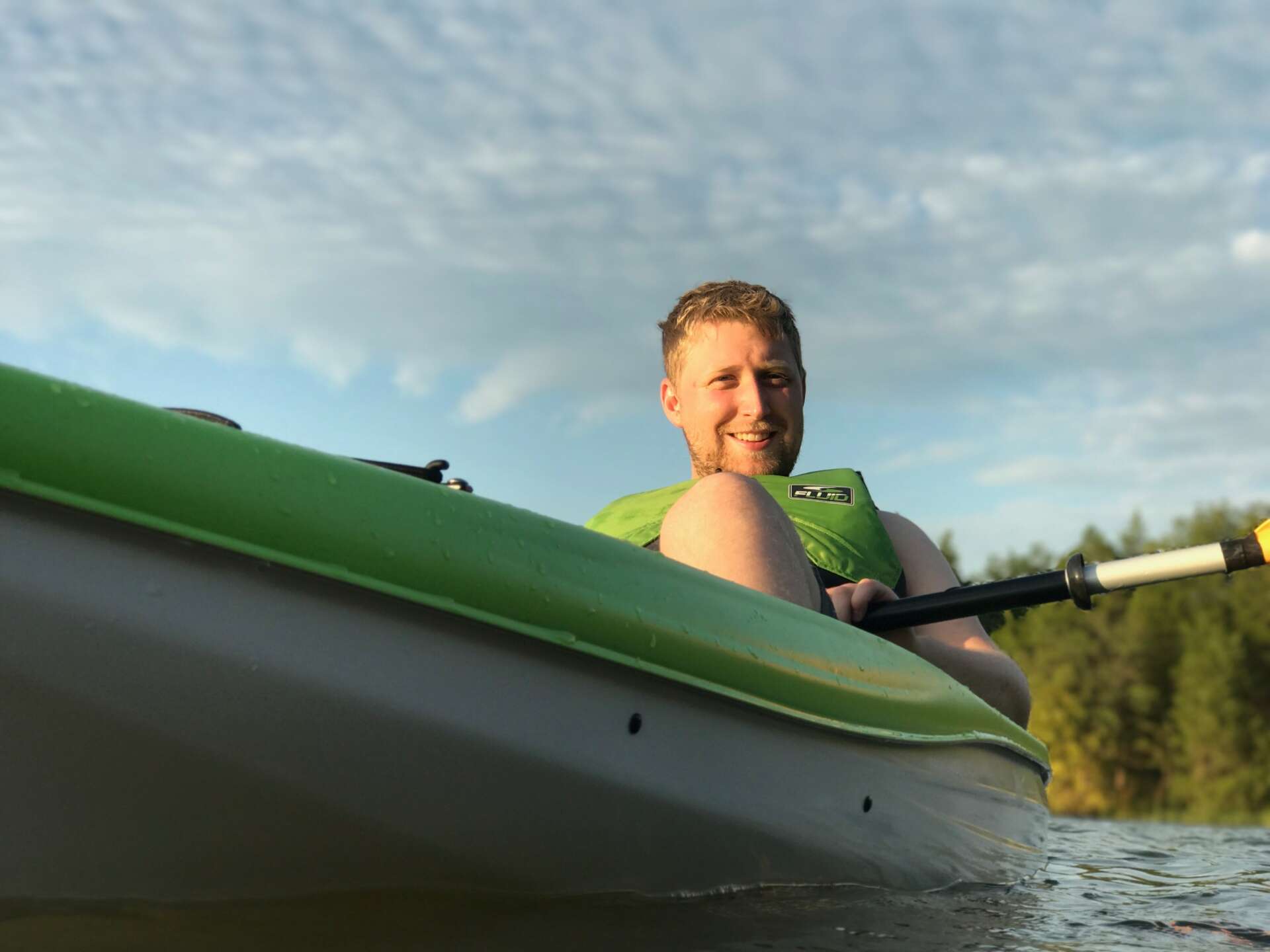Alright – so today we’ve got the honor of introducing you to Timothy Moore. We think you’ll enjoy our conversation, we’ve shared it below.
Timothy, looking forward to hearing all of your stories today. What’s been the most meaningful project you’ve worked on?
As a full-time freelance writer and editor, I wear many hats. Personal finance writing and editing are my bread and butter, but I’ve dipped my toes in everything from B2B tech editing and automotive marketing to SEO optimization and home improvement content creation. But by far, the most rewarding opportunity came to me in 2020, when a former boss of mine asked me if I wanted to copy edit for a magazine she worked on. It was WDW Magazine, a monthly print magazine dedicated to all things Walt Disney World.
It was an intriguing offer that I ultimately couldn’t pass up, so I joined in a freelance capacity. Back then, I was still working full-time as the content production manager for a market research firm and had a handful of clients on a freelance basis. Eventually, I jumped ship and worked for the mag full-time. Today, I still serve as managing editor for the magazine while running a successful freelance writing and editing business. Without question, the most exciting thing I work on is this magazine.
The passion that everyone on the team has for putting out a magical product each month keeps me motivated to do my best work, and hearing how much our readers love the stories we unearth about Walt Disney World is so rewarding. And I love the fact that we’re living proof that print is NOT dead.
But at this most rewarding project, there’s one assignment that has stood out above the rest. For our January 2023 issue, dedicated to the resorts of Walt Disney World, I was able to interview my grandparents, who, until the pandemic, had been going to Disney World almost as long as it’s been open. Rather than stay in the comfy hotels with stunning views of Cinderella Castle, they did Disney on a budget by camping — sometimes for months at a time, at Walt Disney World’s Fort Wilderness Campground.
Hearing their memories, flipping through their photo albums, and reminiscing about my own childhood camping trips with them yielded such a special article. It was special for me and my family, but it also resonated with a lot of readers, whose families have their own personal histories at this magical place. The article even earned third place in the Delaware Press Association’s travel category. But of all the accolades and praise, what was most special for me was when my grandparents received the issue and were stunned that a magazine dedicated four pages (“four pages!” as my grandpa would echo in case you hadn’t heard the first time) to *their* story, with *their* quotes and *their* photos of *their* family at Disney across three generations. Months have passed, but my grandparents still proudly wave that magazine around and remind anyone who will listen that they’re in a magazine — and that the article about them has won an award (Grandpa likes to gloat about that part the most).
Writing personal finance content that helps people navigate a confusing and sometimes predatory industry — especially for brands like Chime and The Penny Hoarder — is a worthy mission, and I love sharing my travel stories and home improvement knowledge on sites like Insider and Angi. But as a creative, this magazine and the stories I get to tell — about the parks, about the food, about the rides, and, most importantly, about my own family — are the most meaningful thing I do professionally, and I wouldn’t trade it for the world.
Timothy, love having you share your insights with us. Before we ask you more questions, maybe you can take a moment to introduce yourself to our readers who might have missed our earlier conversations?
I now work full-time as a freelance writer and editor. I’m largely focused on personal finance, writing helpful how-tos, explainers, and expert tips on bank accounts, credit products, taxes, and insurance. I write for sites like USA Today, Forbes, The Penny Hoarder, SoFi, Chime, Retirement Living, and LendEDU, and I also have wealth management clients for whom I provide copy and content editing services.
As the son of a plumber and husband of an architect, my background also lends itself to writing about home renovations and maintenance, which I cover for sites like Angi and HomeAdvisor. And as an avid traveler (on a budget), I often submit travel stories to sites like Insider.
I also currently serve as the managing editor of print for WDW Magazine. The magazine is my biggest client — and truly goes beyond the client/contractor relationship. We’re a family. In this capacity, I lead the content direction of 13 print issues a year, contracting writers, creating assignments, conducting interviews, coordinating with the photo and creative department, editing content, and proofing the magazine before it ships to readers. And I contribute pieces myself — usually writing one or two features per issue.
Though I’ve been writing and editing professionally for nearly 15 years, I didn’t launch a full-time freelance career until 2022. Before that, my career included helping to establish a content team and best practices for an automotive dealer marketing agency, then creating and leading a content production team at the consulting arm of a market research firm.
While I was working in this full-time capacity, I started freelancing for a few clients. Eventually, the work became steady enough — and lucrative enough — that I realized I could dedicate myself to it full-time. Of course, it’s hard work, there’s a lot of networking, and you’ve got to be good at time management. But as a fast and organized worker, I’m able to do so much more (and earn significantly more money) doing things on my own than I am working for a company full-time.
It can get lonely sometimes, taxes are a little messy, and I only have insurance thanks to my hard-working husband, but I can’t imagine myself doing anything else. Knowing the difference I can make in this role — both in making editors’ lives easier and affecting the reader with helpful advice or entertaining stories — is truly rewarding.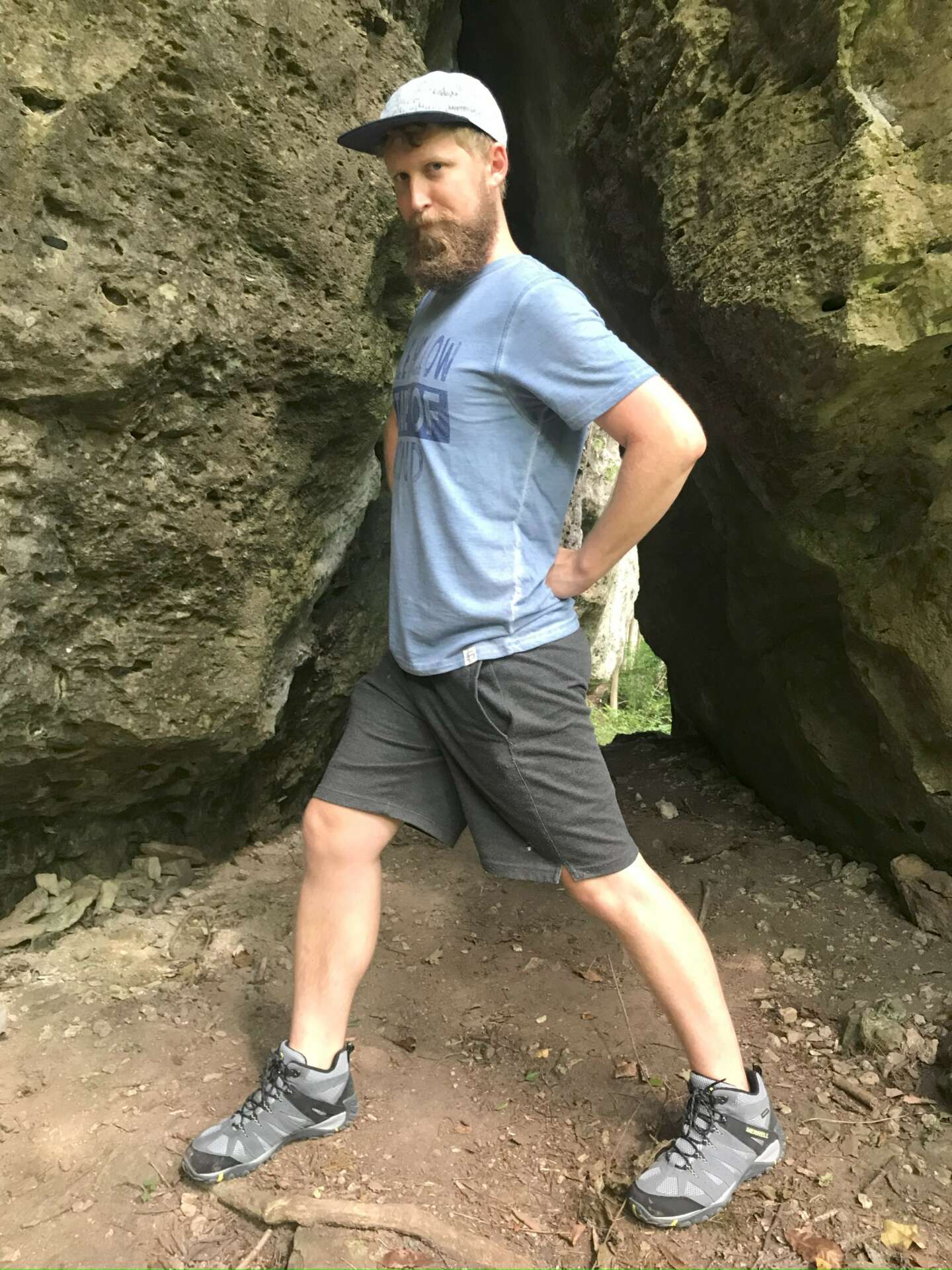
Can you talk to us about how your side-hustle turned into something more.
I owe so much of my success as a full-time freelancer to my OG leader and mentor at my first grown-up job (shout-out to Rain!). She put me on challenging projects, fought fiercely for raises and promotions for me at my first job, and taught me so much about the industry. And after we parted ways at that company, she offered me the opportunity to write my first byline (for The Penny Hoarder). Three years later, she also helped me land my favorite gig at WDW Magazine.
It’s because of these opportunities she afforded me that I was able to build up my portfolio to pitch other media outlets. And it’s connections I made through her that helped me grow my network so I could then make even more connections and take on even more work. Today, I try to pay it forward by mentoring up-and-coming writers and offering connections with editors whenever I can.
For a while, I simply wrote for The Penny Hoarder, edited for the magazine, and did some ghost writing for a marketing client as a freelancer while maintaining a full-time job. It took a long time for me to build up the portfolio, emergency savings, and, frankly, the guts to quit a full-time job and throw myself into freelance writing and editing full-time. I had to make sure I had enough steady work lined up to replace my income and then some (since I’d no longer have PTO, health insurance, 401(k) matches, or any other benefits). Slowly adding clients and working long evening and weekend hours was grueling — but it’s paid off because now I’m my own boss, set my own schedule, and make significantly more money than I ever did as a full-time employee!
That doesn’t mean it’s a walk in the park. I’m always hustling (and it helps that I’m a fast worker), and I always want to overdeliver for my clients so I’m the first writer or editor they think of when they have more to go around. That strategy works: With some of my clients, I’m often asked to take on special projects, and if I’m ever looking for more work, they’re happy to oblige.
My advice for writers considering going it on their own? Build your network and portfolio while still enjoying your full-time pay and benefits. It’ll be worth it in the long run to set yourself up for success when you’re ready to take the leap. And once you do take the leap? Be the best worker you’ve ever been. Work hard, be timely with responses, stay organized, prove yourself to clients, and you’ll reap the rewards. (But also remember to prioritize your mental health and take some time off! You may not get PTO, but you can allow yourself time off by building it into your rates!)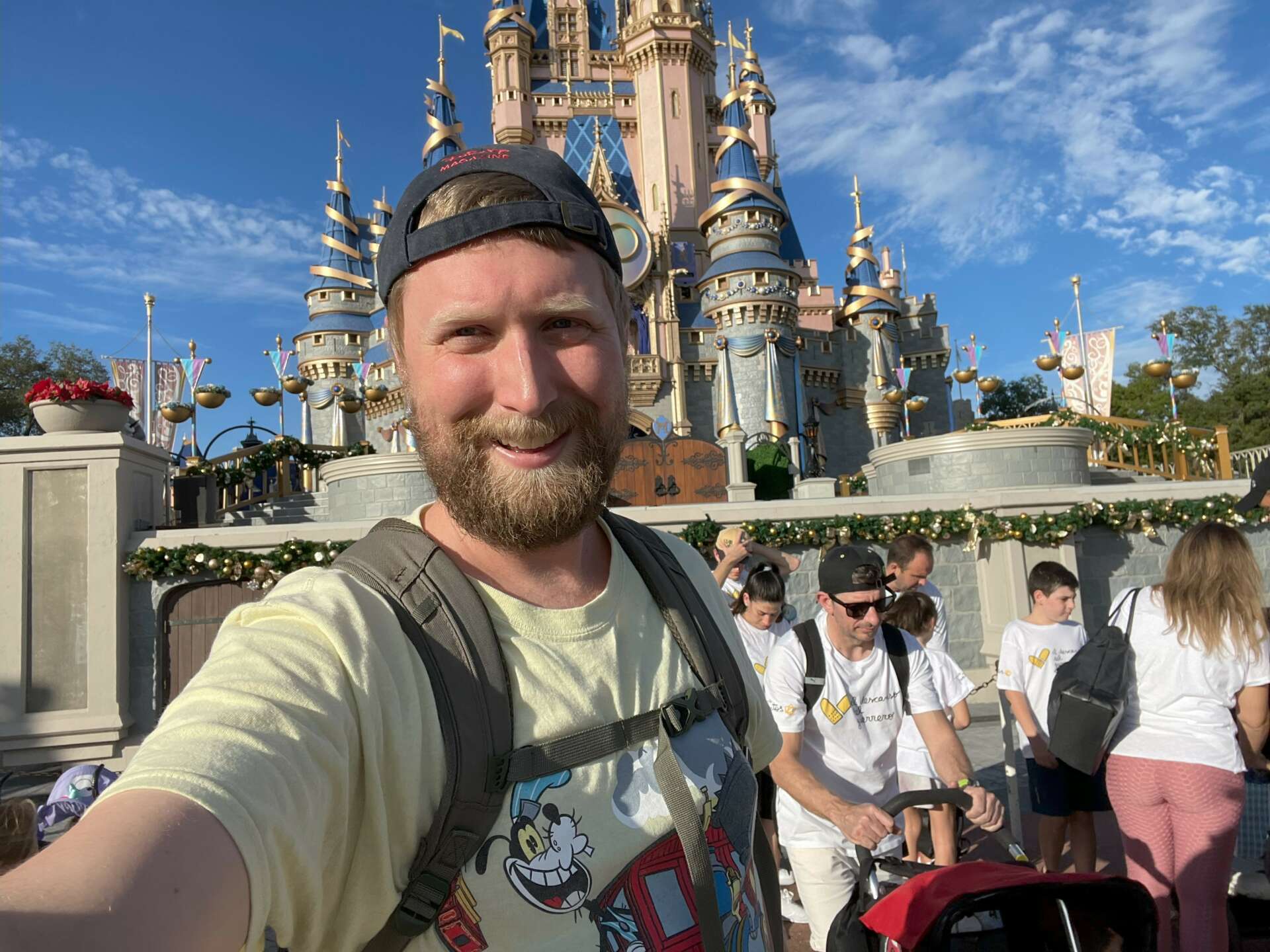
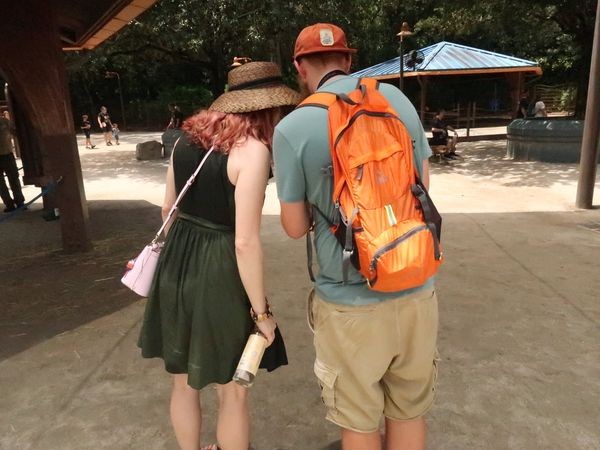
What’s worked well for you in terms of a source for new clients?
My network, 100%. I’ve had success cold-pitching one client via LinkedIn Message (thanks for taking a chance on me, Jordan!) and one client via a comment on LinkedIn (thanks, Heidi!). Otherwise, all my work has come from referrals or editors who took me with them when they moved to a new publication.
Stay active with your network, offer them help when they need it, and they’ll likely do the same for you. Other than that, focus on delighting your clients: They’ll likely leave their current employer someday, and if you always deliver great work, they’ll probably want to offer you work at their next gig. 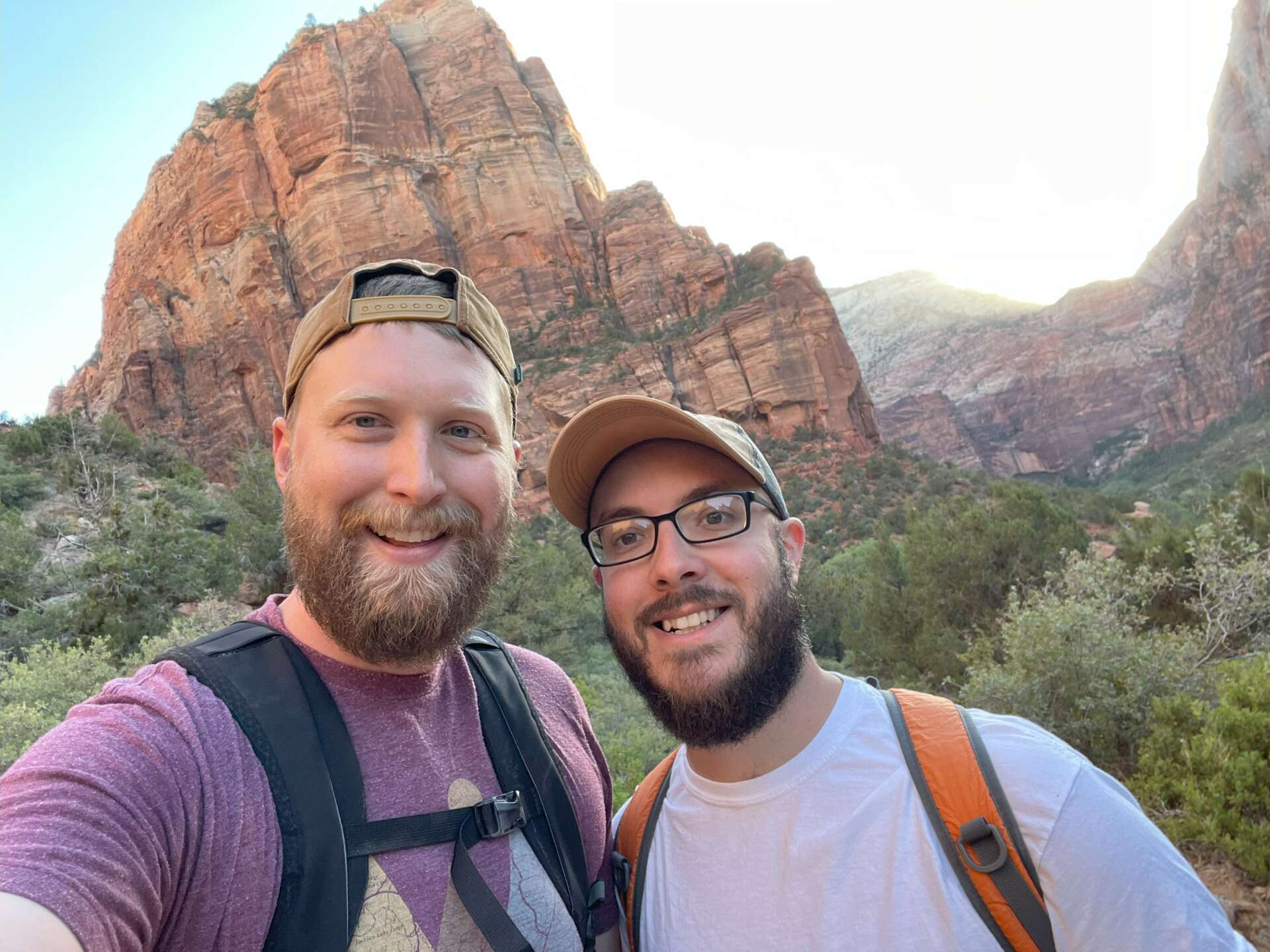
Contact Info:
- Website: https://www.timothybmoore.com/
- Linkedin: https://www.linkedin.com/in/timothy-moore-b3860496/


